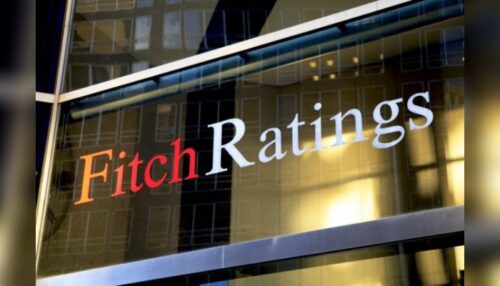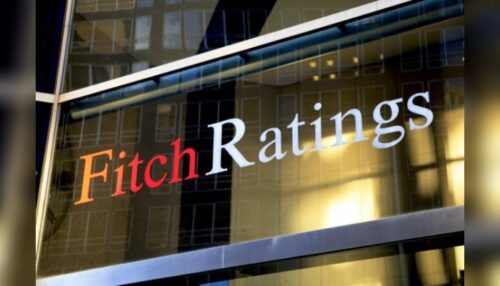Banks Making Steady Progress in Capital Raising
Fitch Ratings has highlighted that Nigerian banks are advancing in their efforts to meet the new paid-in capital requirements. Most institutions are on track to comply with the first-quarter 2026 deadline, reducing the chances of significant consolidation within the sector.
The recapitalization drive is helping banks recover from the impact of naira devaluation, strengthening their capital base and providing a foundation for business expansion.
CBN’s New Capital Requirements and Compliance Strategies
In March 2024, the Central Bank of Nigeria (CBN) introduced a major increase in capital requirements for commercial, merchant, and non-interest banks. Institutions can comply through:
- Equity injections
- Mergers and acquisitions (M&A)
- Downgrading their licence authorization
Fitch-rated banks have made substantial progress, with nearly all of them either securing fresh capital or initiating the fundraising process.
Leading Banks Secure Compliance
The largest banks, Access Holdings and Zenith Bank, have already raised enough capital to meet the N500 billion threshold required for an international licence. Meanwhile, First HoldCo, United Bank for Africa (UBA), and Guaranty Trust Holding Company (GTCO) are taking a phased approach. They recently raised capital and secured shareholder approval for further fundraising.
UBA and First HoldCo are awaiting regulatory approval for their recent rights issues. Fidelity Bank and FCMB Group, which belong to the second tier, have also completed initial capital raisings but will require additional funding to maintain their international licences. If necessary, they may downgrade to a national licence, as each has only one foreign subsidiary.
Smaller Banks Face More Challenges
Some smaller banks, including Ecobank Nigeria Limited (ENG) and Jaiz Bank, required only minor capital injections to meet their targets and have already complied. However, ENG is still below the required capital adequacy ratio (CAR) of 10% and plans to raise more funds to restore compliance.
Other institutions, such as Stanbic IBTC Holdings, have launched capital-raising initiatives to maintain their national licences. Wema Bank and Coronation Merchant Bank have received board and shareholder approvals, with plans to commence capital raising soon.
Capital Raising Reduces Need for Industry Consolidation
Strong investor interest has made most fundraising efforts successful. As a result, the likelihood of major banking sector mergers has decreased, particularly among first- and second-tier banks.
However, Union Bank of Nigeria (UBN) and several third-tier banks have been slower in their capital-raising efforts. M&A activity and licence downgrades remain more likely among smaller institutions, which face greater difficulty in meeting capital thresholds.
Impact on Capital Strength and Market Outlook
The capital increases are helping banks recover from exchange rate volatility, which previously strained capital ratios and increased U.S. dollar credit risks. Enhanced capital buffers will help banks navigate regulatory pressures, withstand further fluctuations in the naira, and expand their business operations.
While these capital increases are unlikely to trigger credit rating upgrades for banks with Long-Term Issuer Default Ratings (IDRs) of ‘B-’, they could lead to positive outlook revisions for certain institutions. If CAR compliance is restored, banks like UBN and ENG, currently rated ‘CCC’, may see their ratings upgraded.




